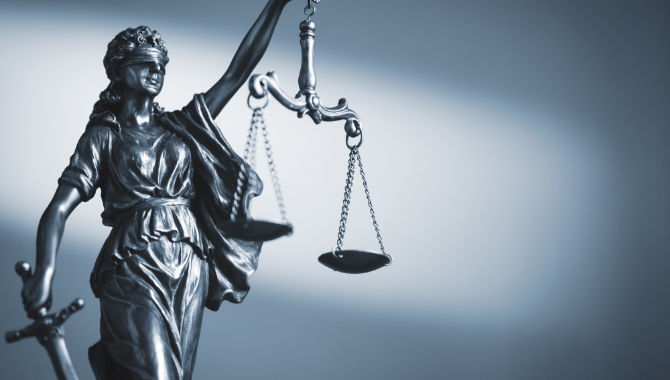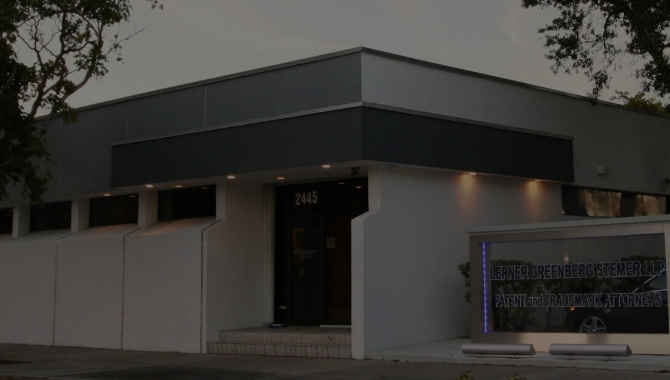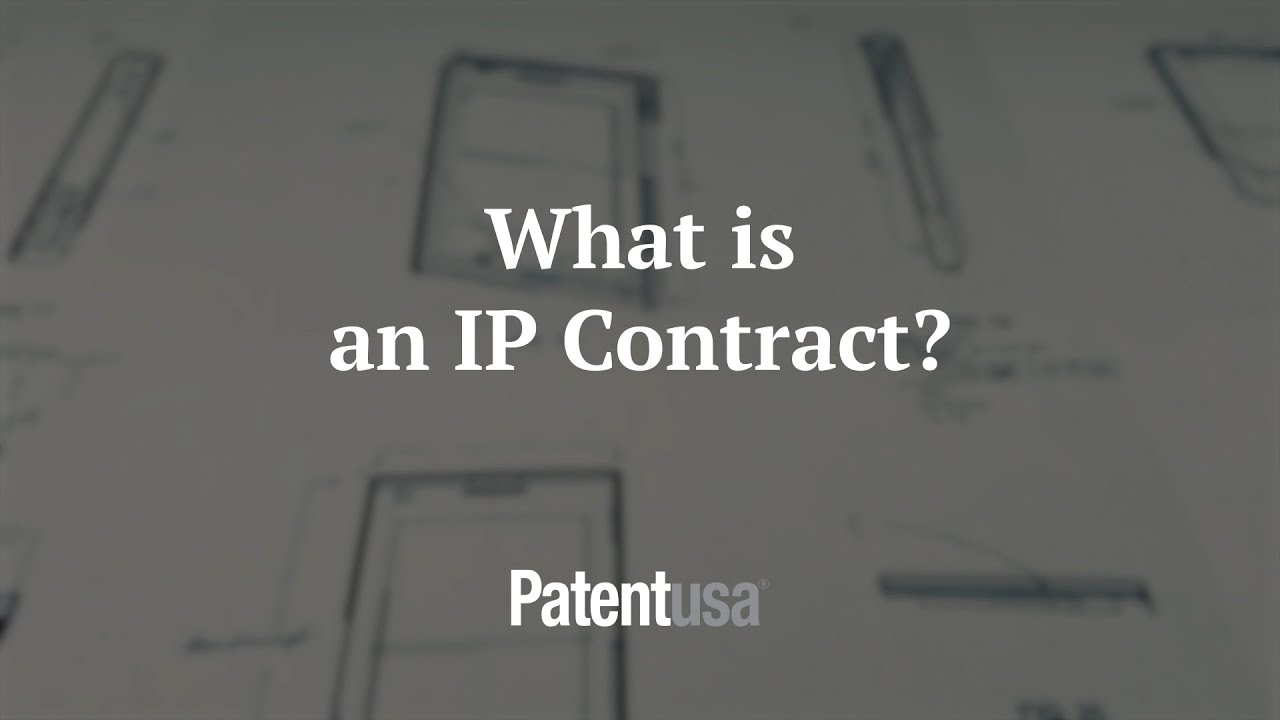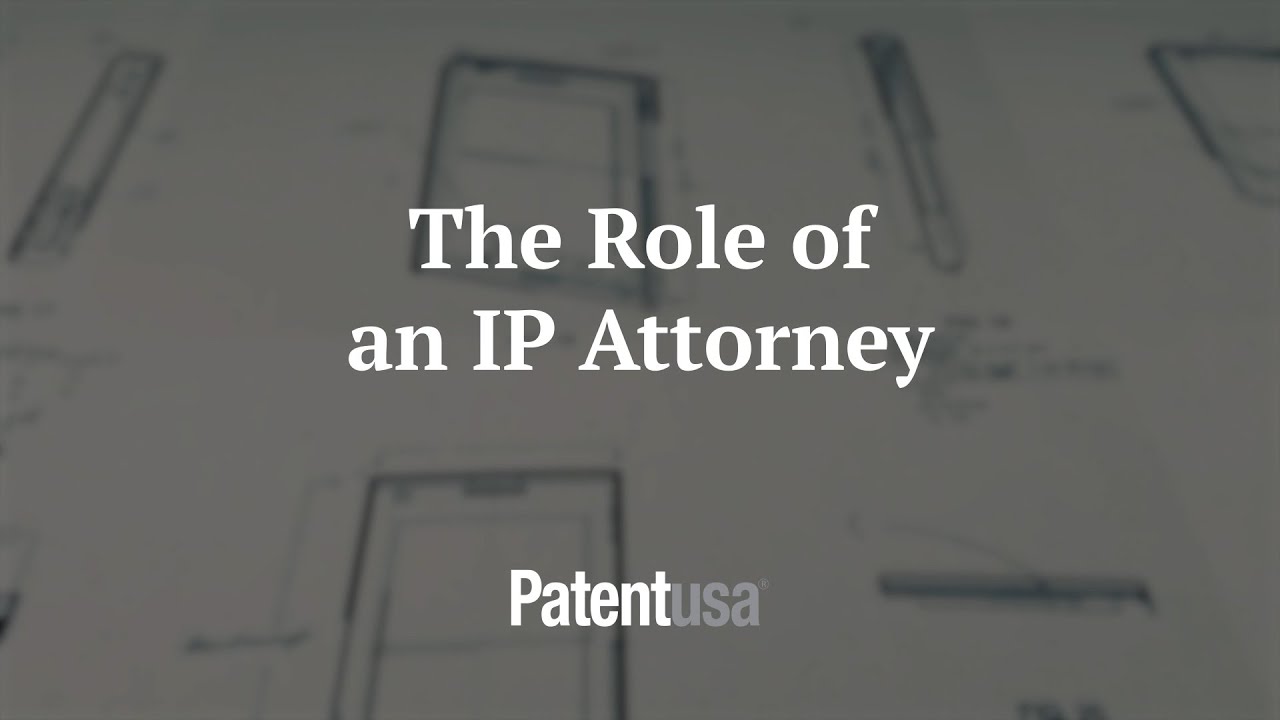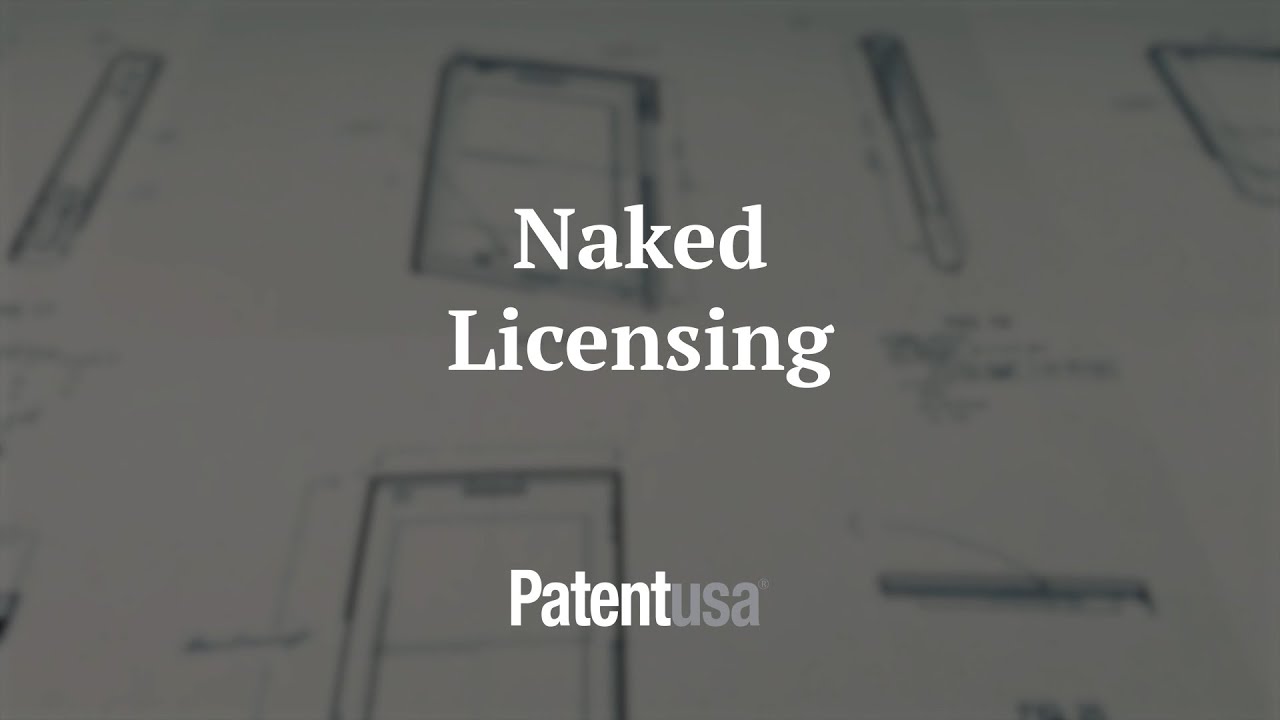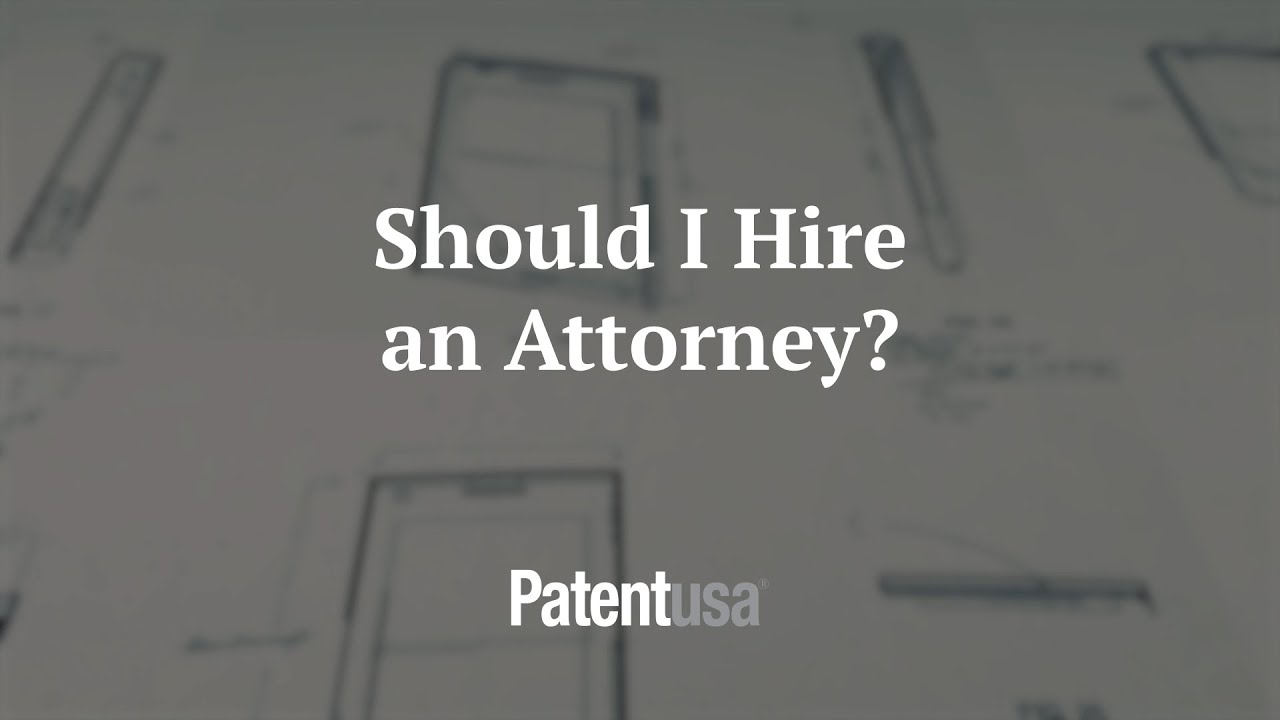Intellectual Property Litigation
Welcome to Lerner Greenberg Stemer, where your intellectual property rights are defended with expert legal prowess. If you find that your creative works or business innovations are being used without your permission, or if you’re facing allegations of infringement yourself, navigating the complexities of intellectual property litigation can be daunting. That’s where we come in.
What is Intellectual Property Litigation?
Intellectual property litigation involves legal disputes over the rights to inventions, designs, creative works, and business identifiers. This can include anything from patent infringement in a tech gadget, the unauthorized use of a trademarked logo, to the reproduction of a copyrighted piece of art without consent. These legal battles are crucial for protecting your assets and ensuring your ideas remain rightfully yours.
Why is Intellectual Property Litigation Important?
Engaging in intellectual property litigation helps enforce the rights granted by copyrights, patents, trademarks, and more. This process is essential not only for stopping unauthorized use but also for maintaining the value and integrity of your intellectual property. Whether you’re defending your rights or being accused of infringement, proper legal representation is critical to navigating these disputes successfully.
Intellectual Property Videos
-
What is an IP Contract?
An inventor is someone who has taken part in either the concept or the reduction to practice that is the making of an invention. -
The Role of an IP Attorney
Well, there certainly is a lot of back and forth with the patent office, dealing with examiners. -
Keep Your Ideas Secret
With regard to confidentiality, one must understand that there’s no right to stop someone from copying your invention until your patent actually issues. -
Do You Have a Draftsmen?
And we have draftsmen that we work with, that we’ve worked with for many years. -
Naked Licensing
Another way of losing your mark is something called naked licensing. -
Should I Hire an Attorney
>Should I get my own registration or should I hire an attorney to do a registration? Well.
Intellectual Property Litigation FAQ
IP litigation involves legal disputes over the enforcement of intellectual property rights, including copyrights, trademarks, patents, and trade secrets. It typically involves actions such as infringement claims, disputes over IP ownership, and breach of license agreements.
You should consider IP litigation when your intellectual property rights have been infringed upon, or if you need to defend yourself against accusations of infringement. It is important to consult with an IP attorney to assess your situation and determine the best legal strategy.
IP litigation generally includes several stages: initial assessment, pre-trial proceedings (including discovery and motions), trial, and possibly appeals. Each stage requires careful preparation and strategic decision-making.
The duration of IP litigation can vary widely depending on the complexity of the case, the jurisdiction, the amount of evidence, and the cooperation between parties. Cases can last from a few months to several years.
In an IP litigation case, you may recover damages for losses incurred due to the infringement, and possibly attorneys’ fees. In some cases, you may also seek injunctive relief to prevent further infringement.
Yes, most IP litigation cases are a matter of public record. However, the parties can sometimes agree to seal certain documents or negotiate confidential settlements.
A cease and desist letter is a document sent to an alleged infringer, warning them of their infringing activities and requesting cessation. It is often the first step in the litigation process before formal legal proceedings begin.
Yes, many IP litigation cases are settled out of court through negotiations between parties. Settlement can save time, reduce costs, and allow for more flexible solutions than those typically available through court verdicts.
An expert witness in IP litigation provides specialized knowledge relevant to the case, such as technical details about a patented invention or financial analysis for damage calculations. Their testimony can be crucial in proving or disputing key elements of the case.
Choosing the right attorney is crucial. Look for someone with specific experience in IP law and a track record of handling cases similar to yours. It’s also important to choose an attorney who understands your industry and has a strategy aligned with your business objectives.

